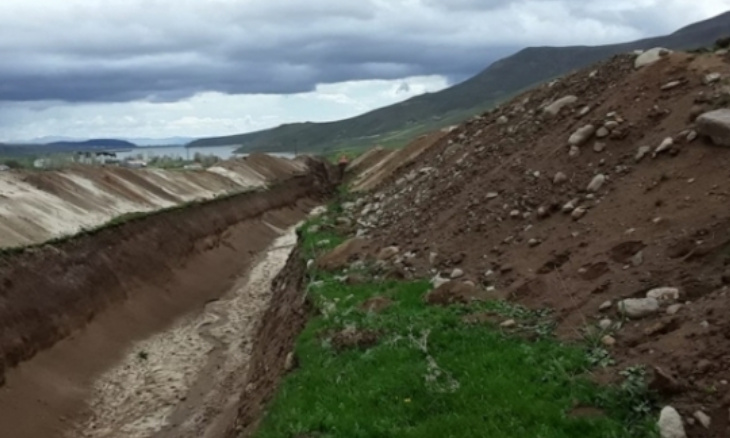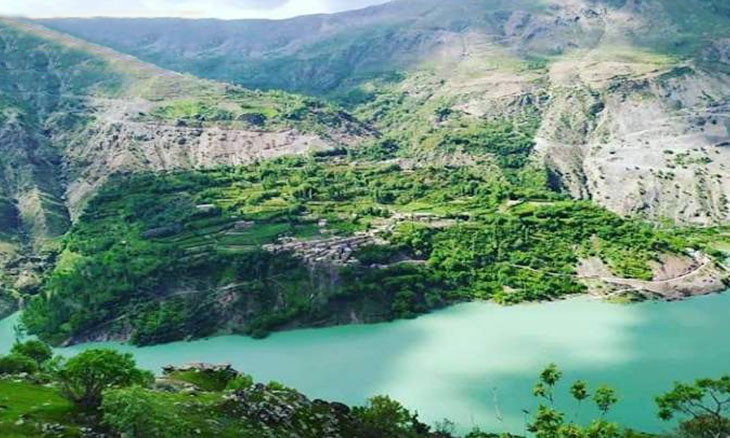Hydroelectric power plant construction threatens the Zilan River in Van
Despite a previous court decision that outlawed the construction of a hydroelectric power plant over the Zilan River in the eastern province of Van, work on the project resumed about two months ago. According to Fatih Şahin, the chair of the Van Mesopotamia Ecology Association, the project that is currently threatening the Zilan River is similar to what the Turkish government did in the historic town of Hasankeyf.
Duvar English
In spite of a previous court decision that outlawed the construction of a hydroelectric power plant over the Zilan River in the eastern province of Van, local environmentalists found out that the work on the plant project has begun about two months ago.
After environmental organizations and local residents filed a lawsuit against the project, which began in 2014, a high court halted it in 2015.
For the past two months, as everyone stayed at home amid the coronavirus epidemic, work on the project resumed.
The Zilan River is an essential source for villagers in the area as it enables them to raise animals and grow produce. The construction of the hydroelectric power plant would therefore deprive them of that source and cause significant ecological damage.
According to Fatih Şahin, the chair of the Van Mesopotamia Ecology Association, the project that is currently threatening the Zilan River is similar to what the government did in the historic town of Hasankeyf, where a dam completely submerged the ancient town, which was dotted with historic monuments, many of which had to be transported to a nearby area before the town was flooded.
“The purpose is erase history like in they did in Hasankeyf, erase its traces, cover up the bones of the 15,000 villagers that were killed in the Zilan Massacre,” Şahin said, referring to the killings of thousands of Kurdish villagers in the area in 1930.

According to an article published in 1930 by the Cumhuriyet newspaper, the “Zilan River was filled to the brim with corpses.”
“They want to make it difficult for the people of Erciş and change the demographic structure of the region. The proof of this is that the most valuable land, which is located in the village of Ulupamir was given to the Kyrgyz,” Şahin added, referring to several thousand ethnic Kyrgyz that were resettled in the region from Afghanistan by the Turkish government in the 1980s.
 Southeastern Turkey power plant risk landslides, villagers' homes to sink in soil
Southeastern Turkey power plant risk landslides, villagers' homes to sink in soil
